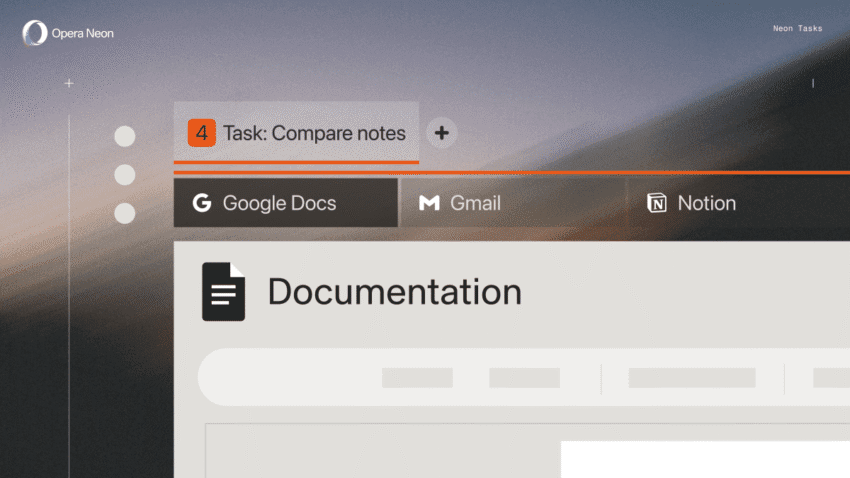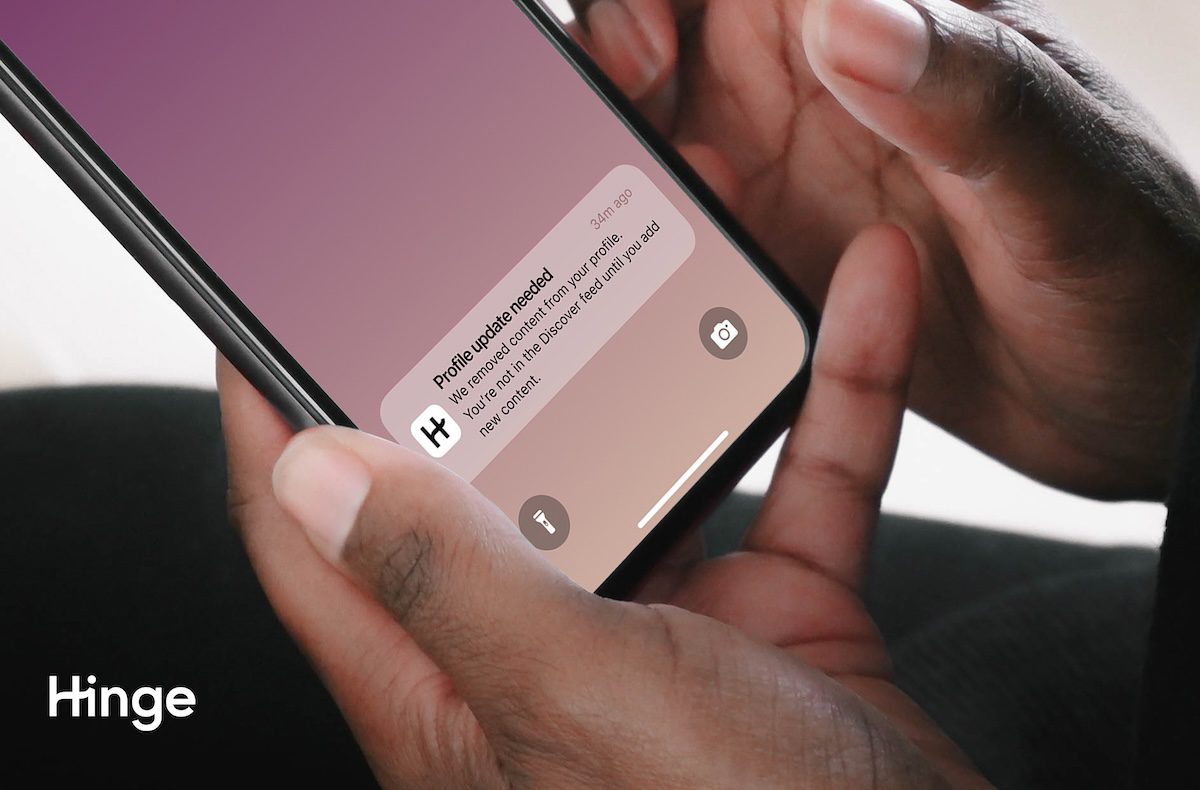
opera launches its ai-centric neon browser Opera has unveiled its latest innovation, the AI-centric Neon browser, designed to enhance user experience through advanced artificial intelligence capabilities.
opera launches its ai-centric neon browser
Introduction to Opera’s Neon Browser
In a significant move within the competitive landscape of web browsers, Opera has launched its Neon browser, which integrates artificial intelligence to streamline various online tasks. This new browser aims to redefine how users interact with the web, making it more intuitive and efficient. The Neon browser is equipped with features that allow it to write code snippets, automate tasks through an intelligent agent, and manage repeatable prompts, thus catering to both casual users and developers alike.
Key Features of the Neon Browser
Code Snippet Generation
One of the standout features of the Neon browser is its ability to generate code snippets. This functionality is particularly beneficial for developers who often need quick solutions or examples while coding. By simply inputting a request, users can receive tailored code snippets in various programming languages. This feature not only saves time but also reduces the cognitive load on developers, allowing them to focus on more complex tasks.
Intelligent Task Automation
The Neon browser includes an intelligent agent designed to handle repetitive tasks. This agent can perform a variety of functions, such as filling out forms, managing schedules, and even conducting web searches based on user preferences. By automating these mundane tasks, the Neon browser aims to free up users’ time, enabling them to concentrate on more critical aspects of their work or personal projects.
Handling Repeatable Prompts
Another significant feature of the Neon browser is its ability to manage repeatable prompts effectively. Users can set up specific commands or queries that the browser can remember and execute on demand. This feature is particularly useful for individuals who frequently perform the same searches or tasks, as it minimizes the need for repetitive input. The browser’s memory capabilities enhance user efficiency and contribute to a more personalized browsing experience.
Technological Implications
The introduction of the Neon browser signifies a broader trend in the tech industry towards integrating artificial intelligence into everyday tools. As AI technology continues to evolve, its applications are becoming more diverse and sophisticated. The Neon browser’s features reflect a growing understanding of user needs and the potential of AI to meet those needs effectively.
Moreover, the incorporation of AI into web browsers raises important questions about data privacy and security. As browsers become more intelligent, they also collect more data to function optimally. Users may need to consider how their data is being used and whether they are comfortable with the level of information being shared with the browser’s AI systems.
Stakeholder Reactions
The launch of the Neon browser has garnered attention from various stakeholders, including tech enthusiasts, developers, and privacy advocates. Many in the tech community have expressed excitement about the potential of AI-driven features to enhance productivity. Developers, in particular, are keen to explore the code generation capabilities, viewing it as a valuable tool that could streamline their workflow.
However, there are also concerns regarding the implications of AI in web browsers. Privacy advocates have raised alarms about the data collection practices that may accompany the use of AI features. They argue that while the convenience offered by AI is appealing, it should not come at the cost of user privacy. As such, Opera will need to address these concerns transparently to build trust with its user base.
Comparative Analysis with Other Browsers
Opera’s Neon browser enters a competitive market dominated by established players such as Google Chrome, Mozilla Firefox, and Microsoft Edge. While these browsers have their own sets of features, the integration of AI in Neon sets it apart. For instance, Chrome and Firefox have begun to incorporate AI tools, but none have taken the leap to fully embed AI-driven task automation and code generation as seen in Neon.
Google has introduced AI features in its browser, primarily focusing on enhancing search capabilities and user experience. However, the depth of integration seen in Neon, particularly in terms of code generation and task automation, presents a unique selling proposition. Similarly, Microsoft Edge has made strides in integrating AI, but it has not yet reached the level of functionality that Opera claims with Neon.
Future Prospects and Developments
As the tech landscape continues to evolve, the future of the Neon browser looks promising. Opera has indicated that it plans to expand the capabilities of the Neon browser through regular updates and enhancements. This could include the addition of new AI features, improved user interfaces, and better integration with other tools and platforms.
Furthermore, as more users adopt AI-driven tools, Opera may find opportunities to collaborate with other tech companies to enhance the functionality of the Neon browser. Partnerships with software development platforms, for instance, could lead to even more robust code generation capabilities, making the browser an essential tool for developers.
User Feedback and Adaptation
In the initial phase following the launch, user feedback will play a crucial role in shaping the future of the Neon browser. Opera has emphasized its commitment to user-centric design, indicating that it will actively seek input from its user base to refine and improve the browser. This feedback loop will be essential in identifying areas for enhancement and addressing any concerns users may have about privacy and data security.
Moreover, Opera’s approach to user feedback could set a precedent for other tech companies, highlighting the importance of adaptability in a rapidly changing technological landscape. By prioritizing user input, Opera can ensure that the Neon browser remains relevant and continues to meet the evolving needs of its users.
Conclusion
The launch of Opera’s AI-centric Neon browser marks a significant step forward in the integration of artificial intelligence into everyday web browsing. With its unique features such as code snippet generation, intelligent task automation, and the ability to handle repeatable prompts, Neon aims to enhance user experience and productivity. However, as with any technological advancement, it is essential to consider the implications for privacy and data security.
As the tech community watches closely, the success of the Neon browser will depend not only on its innovative features but also on how Opera addresses user concerns and adapts to feedback. The future of web browsing may very well hinge on the ability of browsers like Neon to balance convenience with user privacy, setting the stage for the next generation of web tools.
Source: Original report
Was this helpful?
Last Modified: September 30, 2025 at 7:01 pm
5 views















